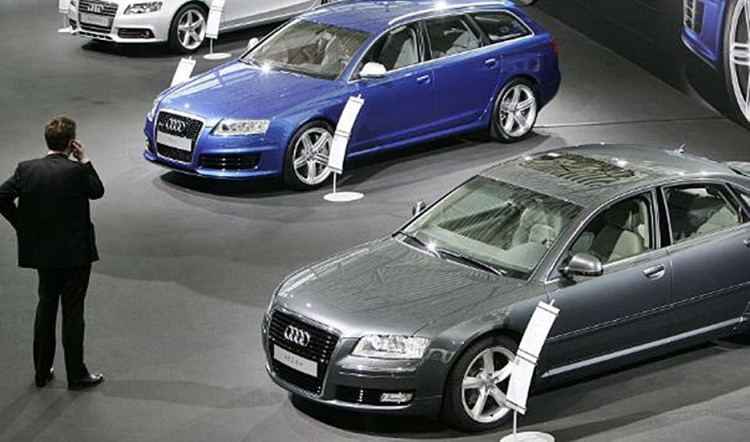The European Union (EU) has promised to retaliate with punitive force if president Donald Trump finally goes ahead with his ill-conceived plan to impose heavy tariff duties on European-made cars and car parts imported into the United States.
The EU has said it will impose punitive tariffs worth $22.7 billion on a wide range of U.S.-made goods imported into the bloc. The Trump administration will review EU automotive imports in February. A 25 percent tariff on EU cars could add $11,300 (€10,000) to the retail price of vehicles sold in the USA.
Analysts said Trump is now likelier to impose tariffs on European cars to divert attention away from his relentless domestic problems that keep hogging the headlines. Chief among Trump's travails are the partial shutdown of the U.S. federal government, which he caused by rejecting a bipartisan spending bill and proudly took credit for.
There is also the widespread perception the already palpable global economic slowdown was hastened by Trump's unwise trade war with his erstwhile allies and China. Talk of a U.S. recession later this year or in 2020 is now seen as more than speculation given the adverse state of world economies.
EU retaliatory tariffs will inevitably trigger a trans-Atlantic trade war no one wants, and one that will dramatically worsen the effects of Trump's ongoing trade war with China.
"We shall continue to face a U.S. administration that is content to threaten trade measures against close allies and partners and, in general, to disrupt the status quo in pursuit of its goals," said Jean-Luc Demarty, director general for trade in the European Commission.
Demarty also said any calls for tariffs or quotas by the Trump administration should be rejected on national security grounds.
He said the EU should be ready to respond appropriately and effectively to any new trade restrictions the U.S. administration may impose. He revealed the EU has prepared a draft list of imports from the U.S. to the value of $22.7 billion (€20 billion) on which re-balancing action could be taken.
In July, the EU and U.S. went through the motions of cooperative partners saying they will "work together toward zero tariffs, zero non-tariff barriers and zero subsidies on non-auto industrial goods."
Nothing concrete to bring this laudable state of affairs has come about, however.
Also adding the European concerns Trump will indeed punish them with tariffs is the lack of any progress on negotiations to craft a new trade deal. This ray of hope was sparked last year with the visit to the U.S. of EU Commission President Jean-Claude Juncker.
Juncker signed a truce with Trump to freeze further tariffs so the EU and the U.S. can work out a new trade deal. Both sides continue to be far apart in their negotiations, and nothing noteworthy has been accomplished.






